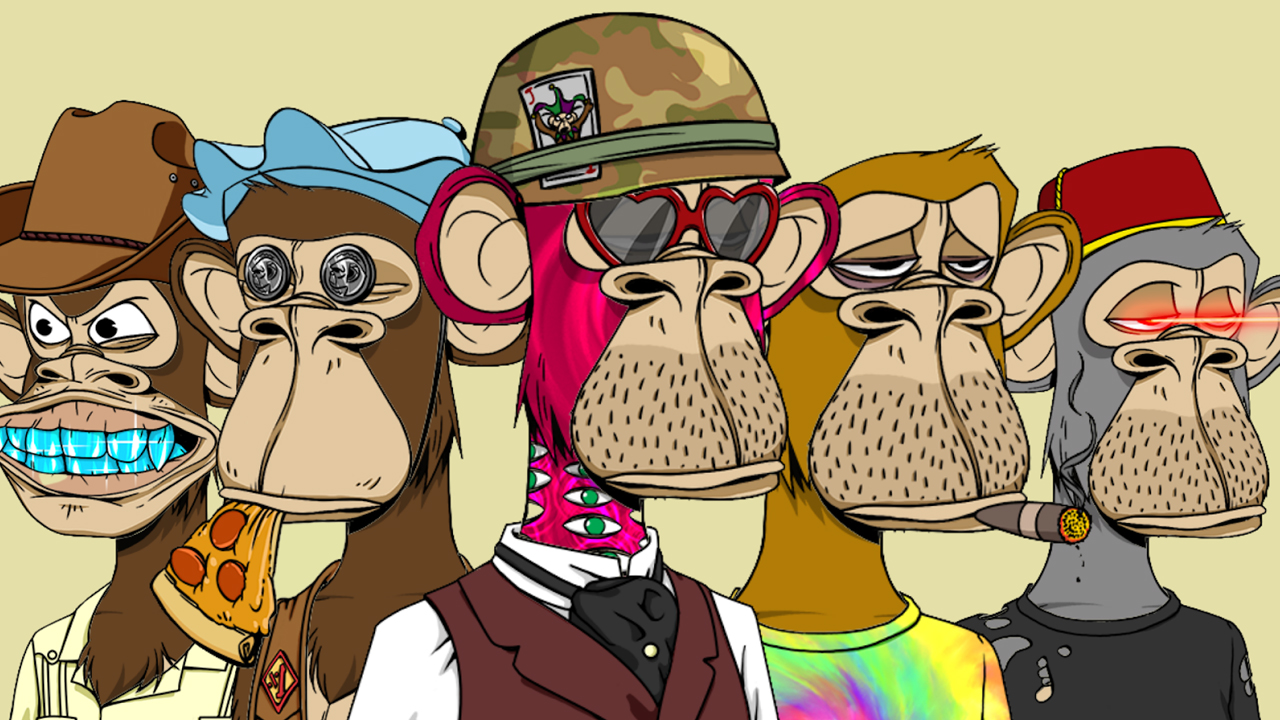
The NFT artists were also ordered to cover Yuga Labs’ legal fees after determining the trademark infringement constituted an “exceptional case.”
A United States district court judge has ordered nonfungible token (NFT) artists Ryder Ripps and Jeremy Cahen to pay Bored Ape Yacht Club creator Yuga Labs a total of $1.57 million in disgorgement and damages, along with legal fees, bringing an end to the long-running “copycat” NFT lawsuit.
The Oct. 25 order follows an April 21 partial summary judgement granted in favor of Yuga Labs after the firm claimed that Ripps and Cahen, the defendants, violated copyright laws by making copycat versions of its Bored Ape Yacht Club (BAYC) collectibles.
District court Judge John Walter awarded Yuga Labs $1.37 million after concluding the NFT firm was entitled to a disgorgement of the defendants’ profits. An additional $200,000 was awarded in statutory damages relating to cybersquatting violations.
Yuga Labs v. Ryder Ripps et al - Notes from the Court's Findings of Fact and Conclusions of Law
— NeerMcD.eth (@NeerMcD) October 26, 2023
Yuga is awarded $1,375,362.92 in Ds profits, $200,000 in statutory damages, and attorneys' fees and costs (amount TBD). A permanent injunction is also issued against Ds.
1/ pic.twitter.com/2dTiuWpZSA
Yuga Labs has also been entitled to recover attorney fees and costs from the NFT artists after the judge determined the trademark infringement constituted an “exceptional case.”
“A trademark case is generally considered exceptional for purposes of awarding of attorneys’ fees when a party has taken positions that can be characterized as “malicious, fraudulent, deliberate or willful,” the judge noted.
Judge Walter also knocked back the defendants’ argument that the copycat BAYC versions were “satire” and “parody” — ruling that the defendants intentionally infringed Yuga’s BAYC trademarks with a bad faith intent to profit from them.
He also noted the defendants continued to market and promote their copycat BAYC versions after the partial summary judgement was delivered against them in April.
Yuga Labs filed the lawsuit against the two artists in June 2022.
In an Oct. 16 hearing in a United States appeals court, Ripps and Cahen’s lawyers tried to argue the lawsuit should be thrown out on the grounds of free speech under California’s anti-SLAPP statute. However, the three-judge panel didn’t appear persuaded by the lawyer’s arguments.
Related: NFTs aren’t dead — they’re just resting
BAYC is one of the most valuable NFT collectibles on NFT marketplace OpenSea.

Since April 2021, it has amassed 1.32 million Ether (ETH) or $2.38 billion in trading volume with an average floor price of 27.4 ETH ($49,200), according to OpenSea.
Magazine: Digital artist OSF gives fans a pledge of ‘art until I die’: NFT Creator








